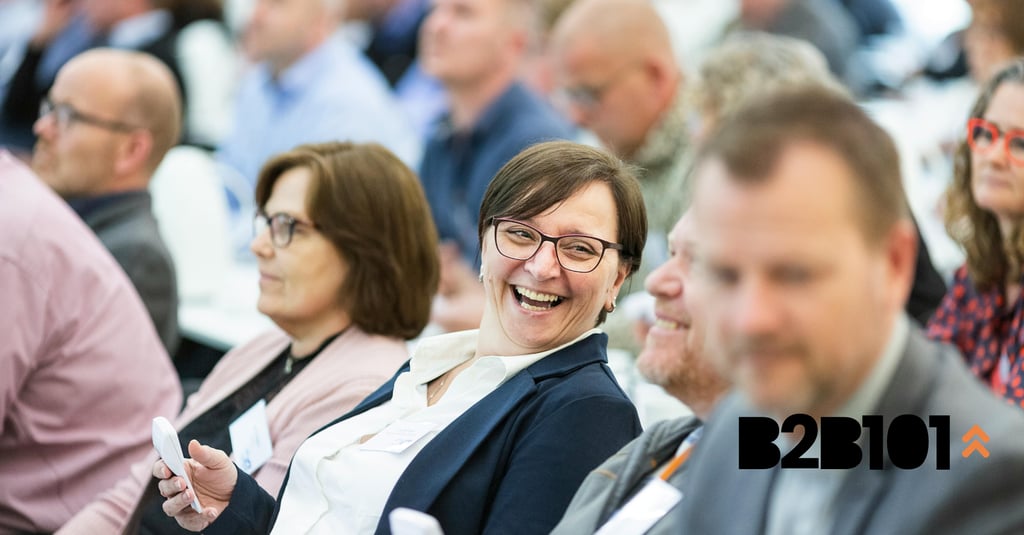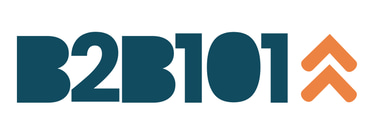Buyers demand full sensory B2B marketing to build trust
AI is driving demand for in-person marketing and sales
B2B MARKETINGAIEVENTS MARKETINGB2B SALES


In my own experience, over the past two years I’ve been watching a clear growth in demand for in-person marketing and sales strategies. Both in terms of brands planning to do more and in terms of events and an exceptionally high level of buyer participation. So why?
My ‘B2B spidey sense’ tells me this is a validation of my hypothesis that AI is driving B2B buyers to find more reliable ways to establish the level of Trust they need before making decisions… and that in-person engagement is the most dependable way to do this.
Although there does not appear to be one metric or source of data out there, the events industry research I’ve seen shows that two thirds of brands are planning more in-person marketing and increasing their budgets, whilst 54% of B2B event attendees say they plan to attend more in-person events in 2025 than they did in 2024.
This is also something we see in the B2B sales sphere, with Gartner predicting that 75% of B2B buyers will prefer sales experiences that prioritise human interaction over AI. Prompting organisations to rethink how they structure their sales teams and customer engagement strategies.
Buyers seek Trust
After years of digital acceleration and AI-driven efficiency, B2B buyers are seeking something refreshingly simple, and this is real human connection. In a world where automation dominates communication, the brands that stand out will be those that engage all the senses and bring people together. Customers don’t just want to see or hear your brand online; they want to feel it, touch it, and experience it alongside other humans.
Back to basics B2B marketing and sales
Ironically AI appears to have prompted a renaissance of old school B2B marketing best practices with a clear return to in-person marketing. A shift from purely digital engagement to strategies that create tangible, sensory experiences. Expect to see the revival of in-person events, experiential marketing, activations, roundtables, and even small coffee meet-ups where trust can be built naturally through authentic interactions rather than automations. These interactions offer the ability to meet the people behind the company and build a level of understanding that no algorithm can reproduce. Looking someone in the eye and listening with genuine intent remains the most powerful form of persuasion in business.
For B2B marketing and sales leaders, this evolution isn’t about abandoning technology, it’s about integrating it intelligently. The most effective strategies will blend digital, AI and in-real-life (IRL) experiences into a single, cohesive journey. Digital builds awareness, AI personalises and informs, but it’s the human factors that seal the deal.
As we move into 2025, Trust will be the ultimate differentiator, and trust is best built in person.
My hypothesis is that B2B buying, marketing and sales is circling back to what we all know we can trust the most: human to human, conversation to conversation, handshake to handshake.
Want to bring a real human connection back into your B2B?
Meet one of our (real) human marketing directors at B2B101 — specialists in building modern, trust-led marketing and sales strategies.
Follow on LinkedIn: https://www.linkedin.com/company/b2b101
